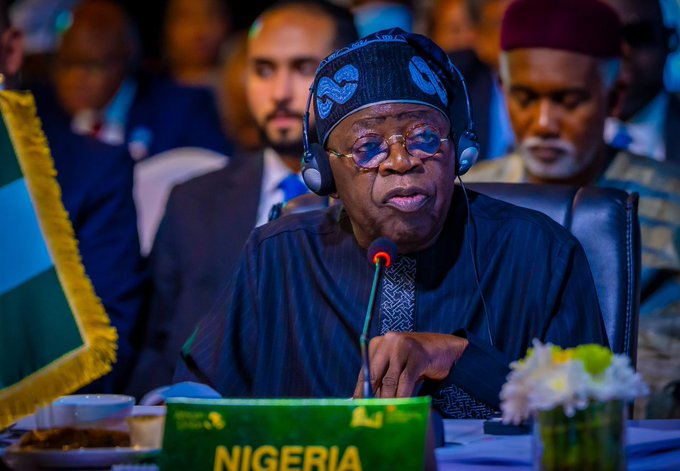On Tuesday, August 6, 2024, President Bola Ahmed Tinubu approved the appointment of seven individuals to head strategic agencies and programmes under the Federal Ministry of Humanitarian Affairs, Disaster Management, and Social Development.
The agencies and programmes include: the National Social Investment Programme Agency (NSIPA), the National Social Safety-Net Coordinating Office, the Grant for Vulnerable Groups, the Home-Grown School Feeding programme, the National Cash Transfer Office, and the National Commission for People with Disabilities.
The president stated that this is part of his administration’s efforts to provide much-needed relief to Nigerians and to ensure the effectiveness of humanitarian and social development programmes.
The most pressing task for President Tinubu now is to appoint a new minister for the Federal Ministry of Humanitarian Affairs, Disaster Management and Social Development—someone who can provide the necessary leadership, work seamlessly with the managers of these agencies and programmes, and connect with the people in need of relief, especially during this period of widespread hardship and food scarcity in the country.
- Tinubu Commissions CNG Buses At Presidential Villa
- OPEC says Chinese economy pulling down oil demand
Furthermore, any minister taking over the Humanitarian Ministry should be aware that some of the ministry’s programmes and schemes have not met people’s expectations, and many of their managers have failed Nigerians. Many Nigerians see the ministry as just a cash cow for politicians, which should not be the case.
The new minister and their managers should note that direct methods of reaching the poor have often failed to serve the common man. Instead, they should consider indirect methods by leveraging a well-known and respected hybrid public-private partnership. This approach would involve engaging responsible private firms such as investment managers, fintech companies, banks, and other local entities, while making effective use of technology.
For instance, the country could be segmented into its 360 federal constituencies, with one or two firms assigned to each segment. These firms should be mandated to create a robust and reliable database using people’s NIN, BVN, fingerprints, and phone numbers, including addresses, with a focus on the specific needs and characteristics of each constituency and their local government areas.
With this approach, the government could establish a central unit, potentially managed by a consortium of private firms on behalf of the government. This method would minimise embezzlement risks, allowing the government to focus on monitoring and ensuring good service delivery.
The programmes and schemes could even be designed so that private firms handle the distribution of funds and essential items, while the government verifies and reimburses them.
This is not a call to completely discard the existing programmes and schemes, but rather to comprehensively remodel and refine them to reflect the reality on the ground, while eliminating inefficiencies, corruption and unnecessary political interference.
Moreover, this is an opportunity for President Tinubu to directly ‘speak’ to young Nigerians who actively participated in the #EndBadGovernance protest by appointing two ministers to oversee the ministry, one of whom should be a youth.
Zayyad I. Muhammad writes from Abuja, can be reached via [email protected]

 Join Daily Trust WhatsApp Community For Quick Access To News and Happenings Around You.
Join Daily Trust WhatsApp Community For Quick Access To News and Happenings Around You.


